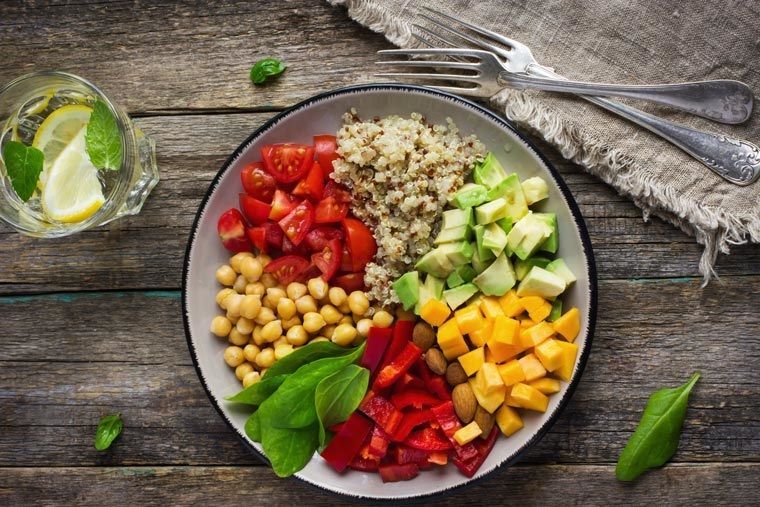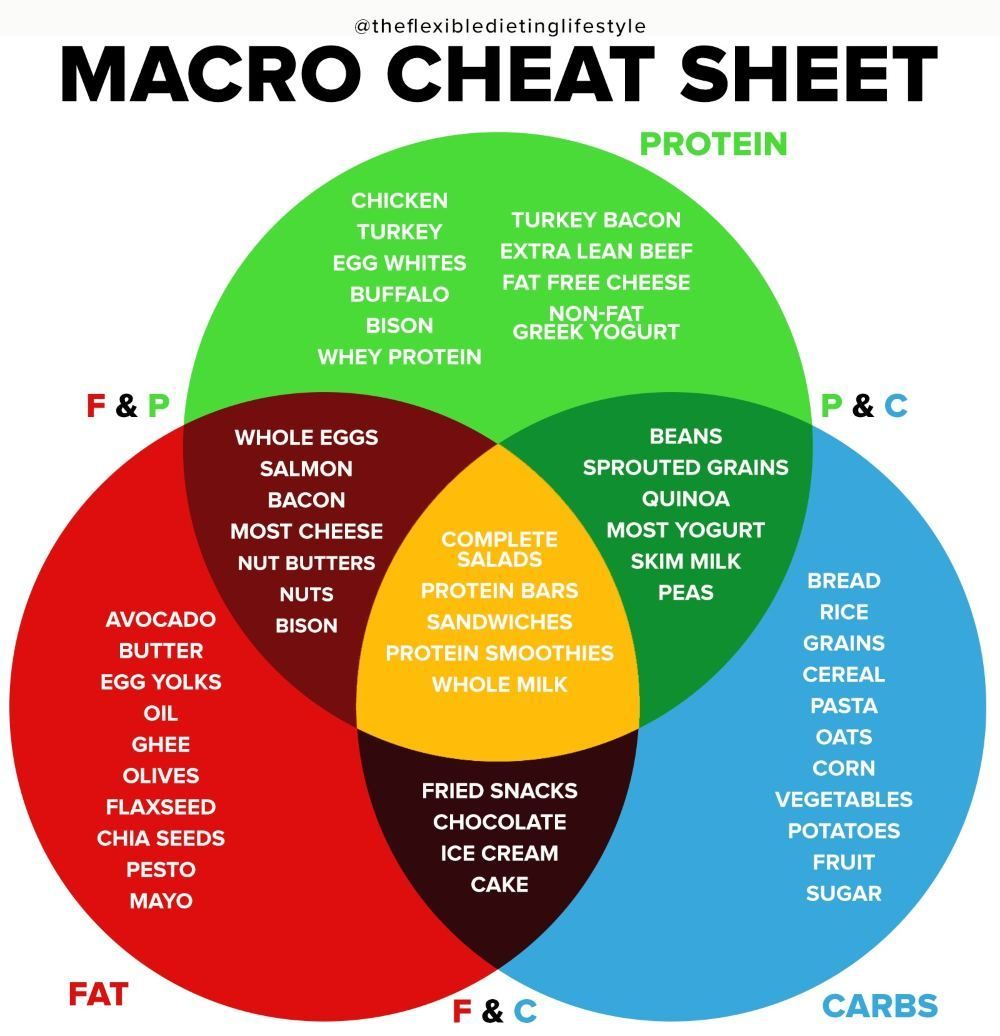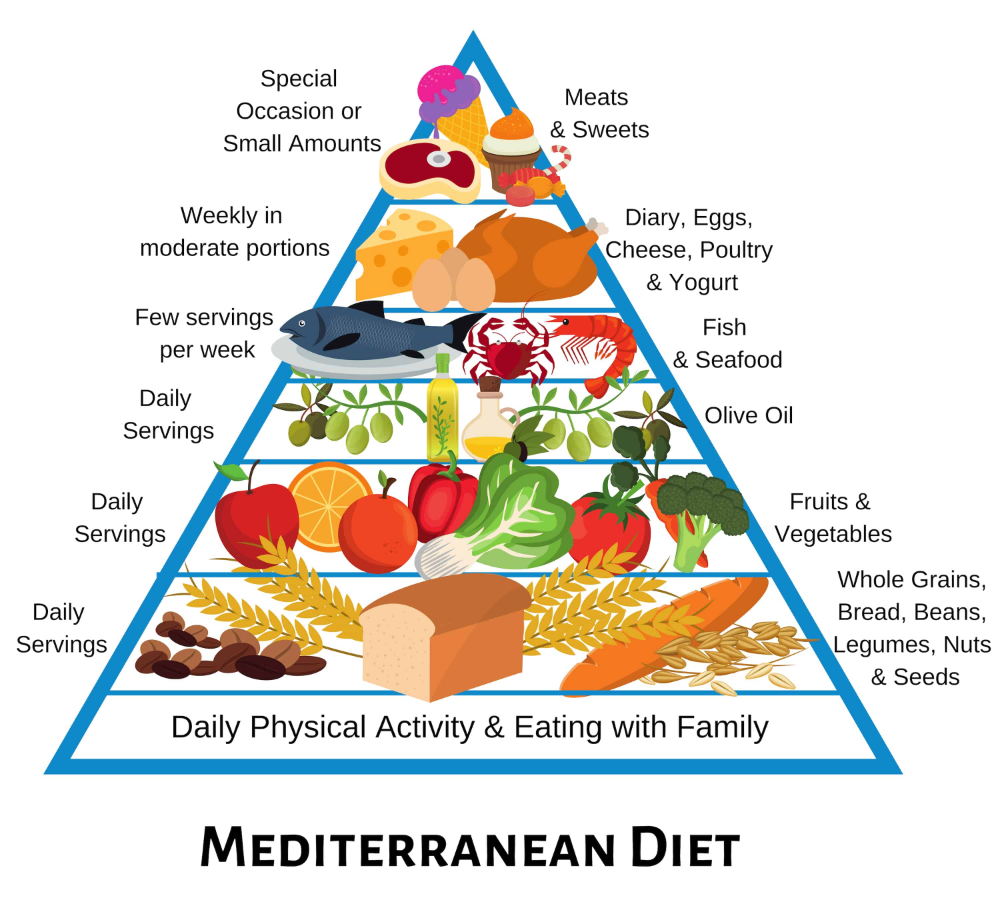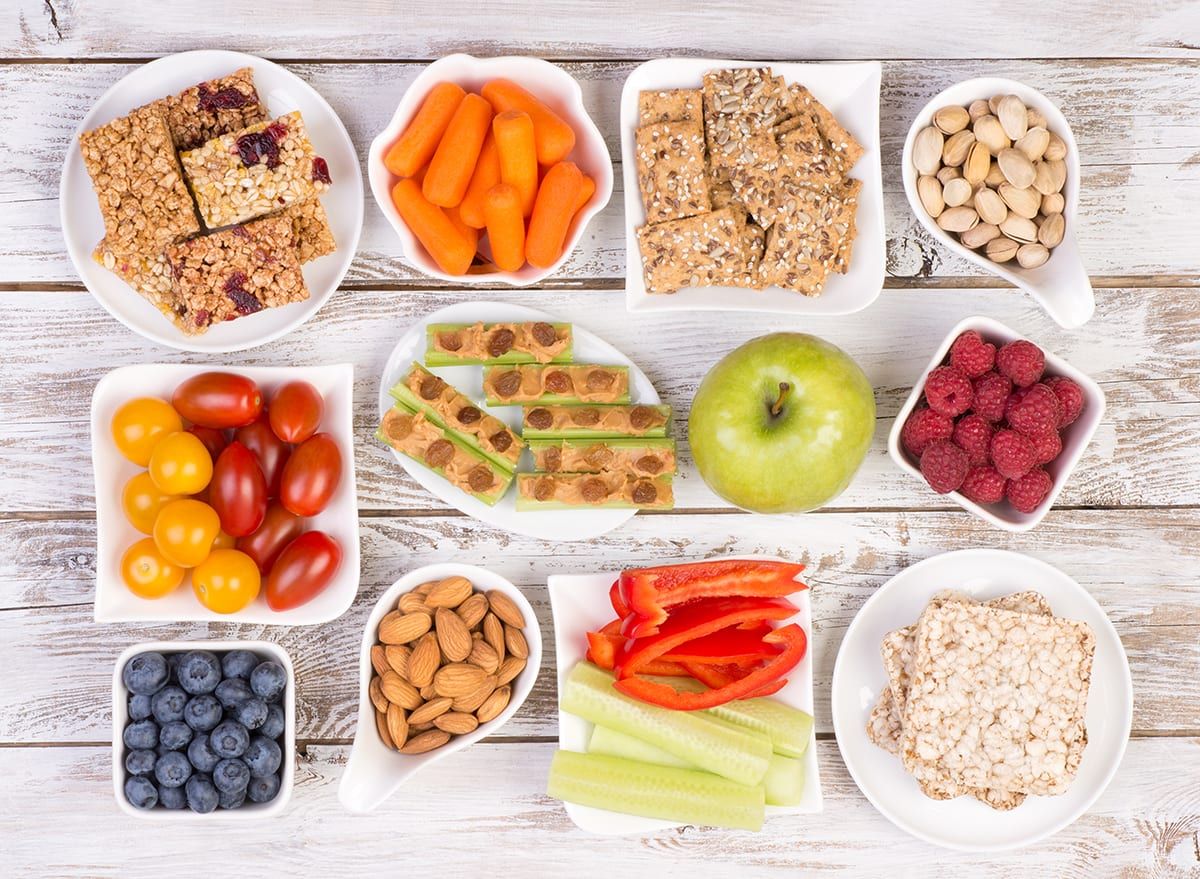Plant-Based Diet 101: A Beginner’s Guide to Going Vegan

Adopting a plant-based diet has gained immense popularity in recent years, with more and more individuals embracing the vegan lifestyle. A plant-based diet focuses on consuming foods derived from plants, such as fruits, vegetables, whole grains, legumes, nuts, and seeds, while excluding all animal products. If you are considering making the switch to a vegan lifestyle, this beginner’s guide will provide you with essential information and helpful tips to get started.
The Benefits of Going Vegan
Transitioning to a plant-based diet brings numerous benefits, both for your health and the environment. Research suggests that vegans have lower risks of developing heart disease, high blood pressure, type 2 diabetes, and certain cancers. Additionally, a vegan lifestyle can contribute to weight loss and increased energy levels. From an environmental standpoint, adopting a vegan diet helps reduce greenhouse gas emissions, conserve water, and save animal lives.
Getting Started
Transitioning to a vegan lifestyle may seem overwhelming initially, but with the right approach, it can be a smooth and enjoyable process. Here are some steps to help you get started:
Educate Yourself
Before embarking on your vegan journey, it is crucial to educate yourself about plant-based nutrition. Understanding the various nutrients and their sources will ensure you maintain a well-balanced diet. Familiarize yourself with plant-based protein sources, such as legumes, tofu, tempeh, and quinoa. Explore different fruits and vegetables for a rich variety of vitamins, minerals, and antioxidants.
Gradual Transition
A gradual transition can make the switch to a vegan diet more manageable. Begin by eliminating certain animal products, such as meat, and gradually reduce dairy and eggs from your meals. This method allows your taste buds and digestive system to adapt to the changes, making it easier to commit to a fully plant-based diet in the long run.
Meal Planning and Preparation
Meal planning is fundamental to ensure you have nutritious and delicious vegan meals readily available. Research plant-based recipes and create a weekly meal plan that incorporates diverse ingredients. Stock up on pantry essentials like whole grains, legumes, nuts, and seeds. Preparing your own meals not only allows you to control the ingredients but also saves you money.
Nutritional Considerations
While a well-planned vegan diet can provide all the necessary nutrients, there are a few key considerations to keep in mind:
Protein
Contrary to the common misconception that vegans struggle to obtain enough protein, plant-based sources of protein can be abundant. Incorporate legumes, tofu, tempeh, seitan, edamame, and quinoa into your meals to meet your protein needs. Additionally, nuts, seeds, and whole grains also contain significant amounts of protein.
Vitamins and Minerals
Vegans need to pay attention to certain vitamins and minerals that are more commonly found in animal products. These include vitamin B12, iron, calcium, and omega-3 fatty acids. Consider fortified plant-based milk alternatives, nutritional yeast, leafy greens, and supplements to ensure adequate intake of these nutrients.
Support and Resources
Embarking on a vegan lifestyle can be easier if you have support and access to resources. Utilize online vegan communities and social media platforms to connect with like-minded individuals who can provide guidance and encouragement. There are also numerous vegan cookbooks, blogs, and recipe websites that offer inspiration for delicious plant-based meals.
Enjoy the Journey
Transitioning to a plant-based diet should be seen as an exciting journey of exploring new flavors and discovering alternative food options. Embrace the opportunity to try different fruits, vegetables, whole grains, and herbs. Experiment with new cooking techniques and recipes. Remember that it’s not about perfection, but progress. Every small step towards a vegan lifestyle is a step towards a healthier you and a more sustainable planet.
Conclusion
Adopting a plant-based diet is a personal choice that can have a profound impact on your overall well-being and the environment. By understanding the basics of plant-based nutrition, gradually transitioning, and seeking support, you can successfully embark on the vegan journey. Embrace the benefits, enjoy the process, and be proud of the positive changes you are making for yourself and the world around you.


